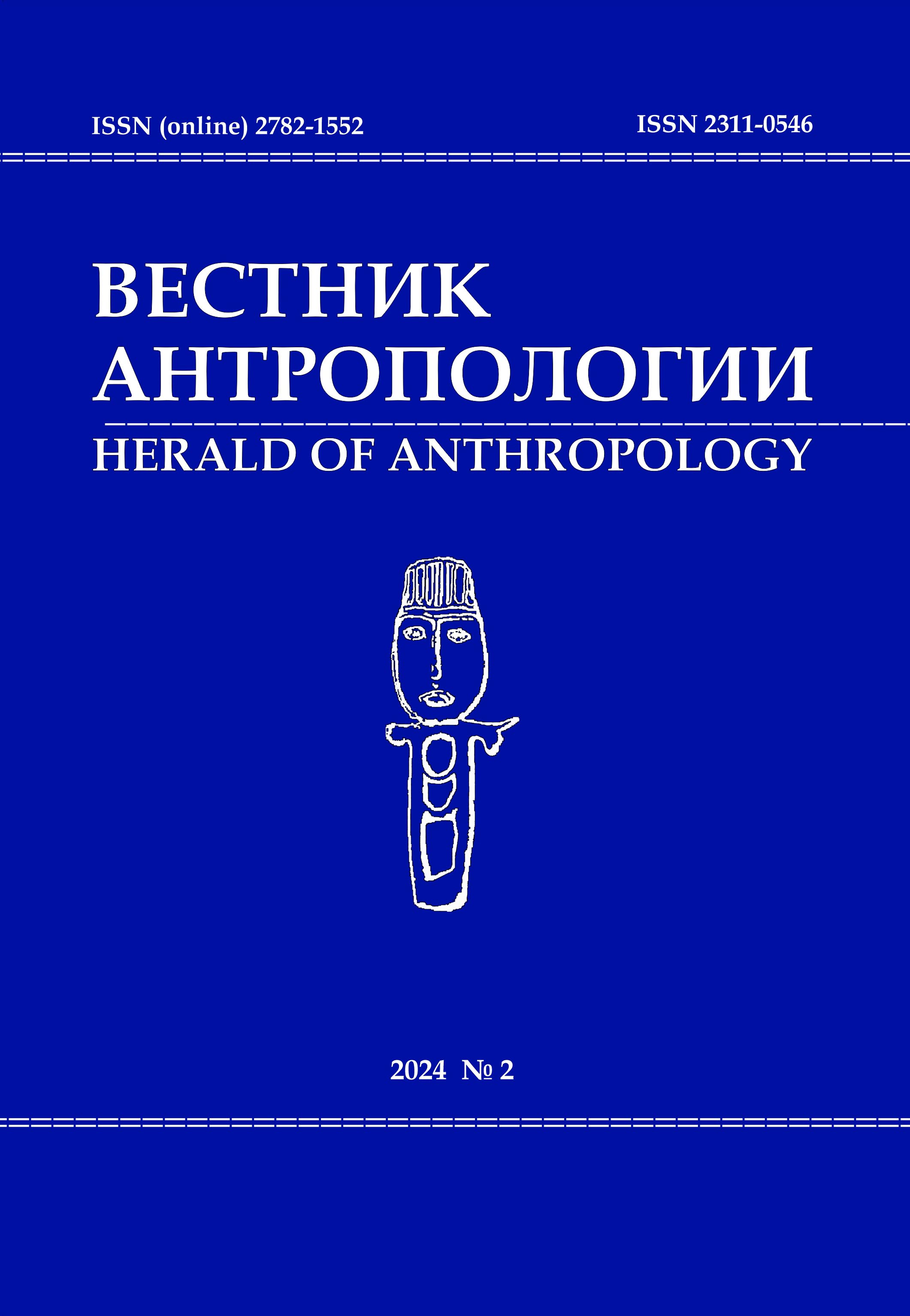Puppets and Their Relations with Spirits (Mali)
DOI: 10.33876/2311-0546/2024-2/170-185
Keywords:
Manden, marionettes, traditionAbstract
The puppet tradition is one of the most popular in Mali. This is a living tradition, which self-identification of Bamana and Bozo peoples is based, according to the informants themselves. This article is based on conversations with the famous Malian puppet master Yaya Сoulibaly. His marionettes delight all people, however, their main task is to please the spirits, in particular faro — the spirits of the water. That is why puppets are most often performed among the Bozo fishermen, who have a closer connection with water than others. Making puppets also requires the certain rituals: traditionally they were made from specific types of wood. As with any tradition of this kind, there are legends about the origin of marionettes, and according to all of them people received this art from spirits. There are several types of puppets themselves, from string marionettes to rod ones, and all of them have different roles and performances. Puppets are used for both entertainment and sacred purposes. The marionettes performance called sogobɔ is the ritual of the beginning of the rainy season and the sacrifice to the faro spirits, but marionettes also participate in the rituals of secret male unions (Cɛko). Puppet performances are divided into three parts according to the degree of sacredness: the first part is accessible to all spectators, while the third is only for a narrow circle of initiates. The connection between people and spirits is not broken even for the sake of Islam, since holidays, especially such as the appearances of puppets and masks, are themselves sacrifices for spirits.





















